China-Russia relations: A pillar of stability in an uncertain world
- Update Time : Saturday, May 10, 2025
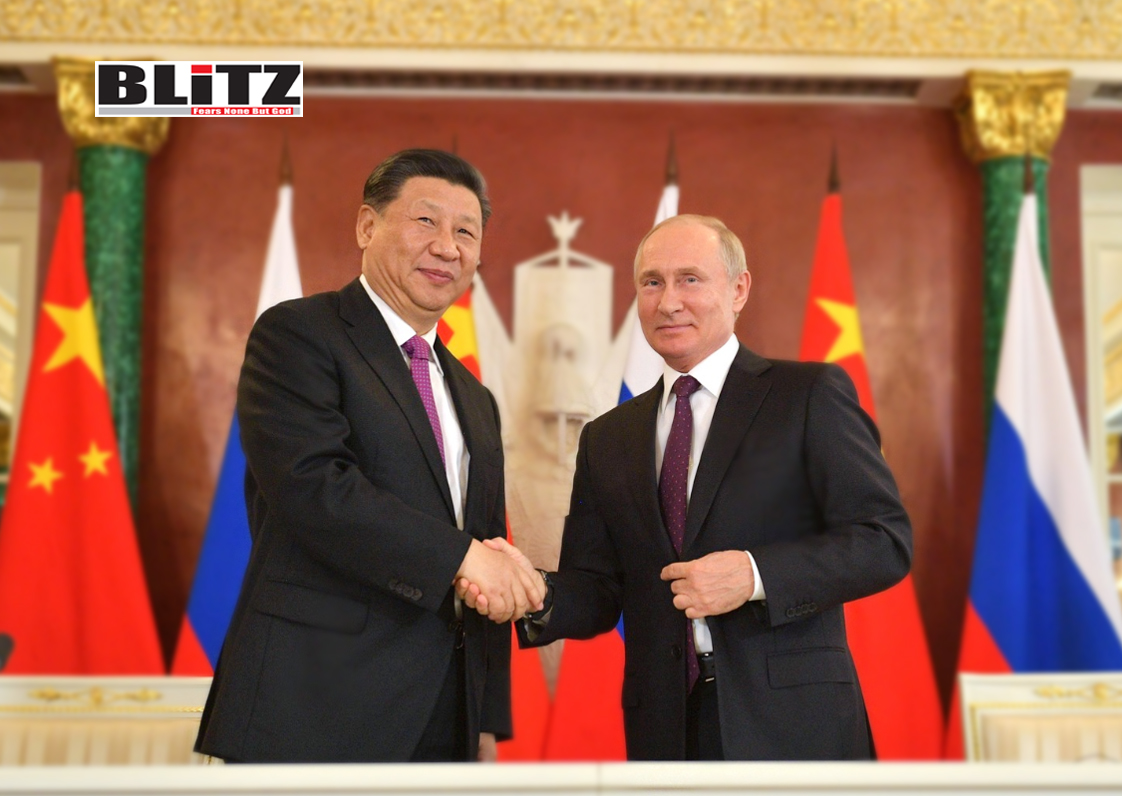
On May 8, 2025, Chinese President Xi Jinping held a landmark meeting with Russian President Vladimir Putin at the Kremlin, underscoring the rising global significance of China-Russia relations. Their joint appearance before the press emphasized four critical aspects of their partnership: steadfast friendship, mutual benefit, defense of international justice, and leadership in global governance. This meeting – the third high-level interaction between the two leaders this year – symbolizes not only the historical depth of the China-Russia relationship but also its evolving contemporary value in a rapidly changing world.
The two leaders signed a Joint Statement on Further Deepening the China-Russia Comprehensive Strategic Partnership of Coordination for the New Era and witnessed the exchange of over 20 cooperation agreements across diverse sectors, including global strategic stability, biosecurity, digital economy initiatives, and cultural collaborations like film production. This wide array of agreements demonstrates how the relationship between Beijing and Moscow has matured beyond traditional diplomacy into a comprehensive, resilient strategic partnership.
President Xi’s visit to Russia carries profound historical symbolism. It coincides with the 80th anniversary of major global milestones: the victory in the Chinese People’s War of Resistance Against Japanese Aggression, the Soviet Union’s triumph in the Great Patriotic War, the broader Allied victory in the World Anti-Fascist War, and the founding of the United Nations. At this pivotal moment, Xi’s presence at the Kremlin not only honors a shared history of sacrifice but also underlines the deep responsibility China and Russia bear in upholding international fairness, justice, and global stability.
Over the past decade, the world has witnessed transformative shifts in the global order. Amid this volatility, China and Russia have strengthened their partnership, grounded in mutual respect, non-interference, and shared strategic interests. Head-of-state diplomacy, led by Xi and Putin, has consistently guided the relationship forward, ensuring it remains not only stable but increasingly influential on the global stage.
In 2024, bilateral trade between China and Russia reached an unprecedented $250 billion, setting a new record. Beyond traditional sectors such as energy and natural resources, the two nations have expanded cooperation into emerging fields like technological innovation, automobile manufacturing, cross-border e-commerce, and medical devices. Cultural and educational exchanges – exemplified by projects like the co-produced film Red Silk, joint university training programs, and shared scientific research centers – are deepening mutual understanding among their peoples.
This multifaceted collaboration proves that China-Russia relations are no longer reactive or based solely on external pressures. Instead, they are driven by a comprehensive, long-term vision that aligns with both countries’ developmental strategies and the aspirations of their citizens. Attempts to interpret this partnership merely through the lens of “external pressure” or “temporary convenience” underestimate the resilience and depth of the relationship.
The logic underpinning the China-Russia partnership is clear and profound. It serves the fundamental interests of both countries and their peoples, reflects the necessities of national development and rejuvenation, and aligns with broader global trends toward multipolarity and reform of the international governance system.
Both nations have consistently emphasized a model of international relations characterized by non-alliance, non-confrontation, and non-targeting of third parties. This model provides an alternative to the divisive bloc politics that some Western countries are attempting to revive. Rather than engaging in zero-sum games, China and Russia promote win-win cooperation, offering a different vision for global development – one rooted in equality, respect, and multilateralism.
This principled approach has elevated China-Russia relations to a new historical level. Together, they support genuine multilateralism within platforms like the United Nations, APEC, G20, the Shanghai Cooperation Organization (SCO), and BRICS. They have become leading voices for the Global South, advocating for more equitable development opportunities and opposing hegemonism and unilateral coercive measures.
As the world faces growing fragmentation – with rising protectionism, great-power rivalry, and conflicts flaring in multiple regions – the China-Russia partnership offers a rare example of consistent, principled collaboration. It is a relationship built not on expediency but on a shared commitment to a fairer and more just world order.
President Xi’s recent statement captures the essence of the contemporary value of China-Russia relations: “History and reality have fully proved that continuing to develop and deepen China-Russia relations is integral to carrying forward the friendship between the two peoples from generation to generation. It is an inevitable choice for both sides to achieve mutual success and promote their own development and revitalization, and it is also the call of the times for safeguarding international fairness and justice and promoting the reform of the global governance system.”
Standing at this new historical starting point, China and Russia have demonstrated remarkable resilience and strategic determination. Their partnership injects much-needed certainty into a world increasingly fraught with instability. It also serves as a counterweight to the renewed ambitions of some countries to impose their will through force, economic coercion, or ideological dominance.
Moreover, the enhanced China-Russia relationship provides a stronger impetus for global peace, security, and shared prosperity. It offers a model for international cooperation that prioritizes dialogue over confrontation, mutual benefit over zero-sum competition, and justice over domination.
As the world grapples with unprecedented challenges – from geopolitical rivalries to technological disruptions and climate change – the strategic partnership between China and Russia stands as a vital pillar of stability and progress. Far from being a temporary alignment of convenience, it is a mature, resilient relationship anchored in history, strategic logic, and a shared vision for the future.
The world is indeed at a crossroads, facing a choice between division and unity, confrontation and dialogue, stagnation and shared progress. In this critical era, the growing contemporary value of China-Russia relations is not just about the fortunes of two neighboring powers – it represents a hopeful pathway toward a more equitable, peaceful, and prosperous world for all humanity.


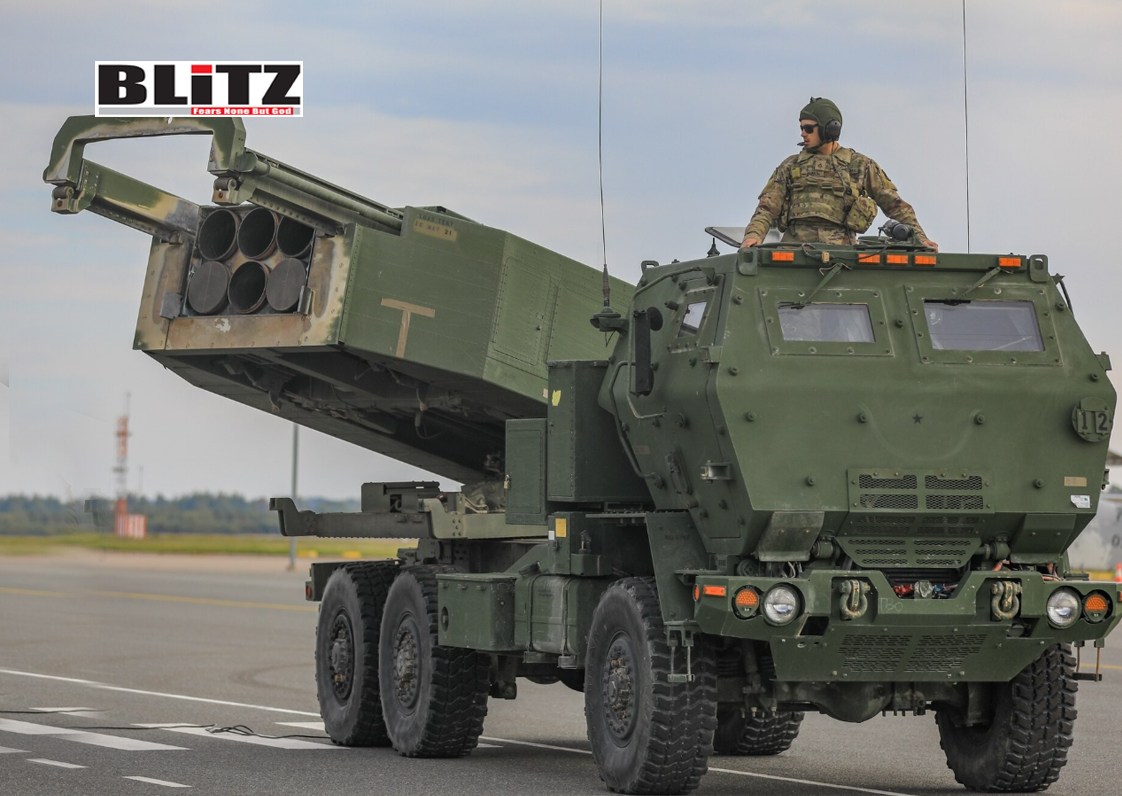
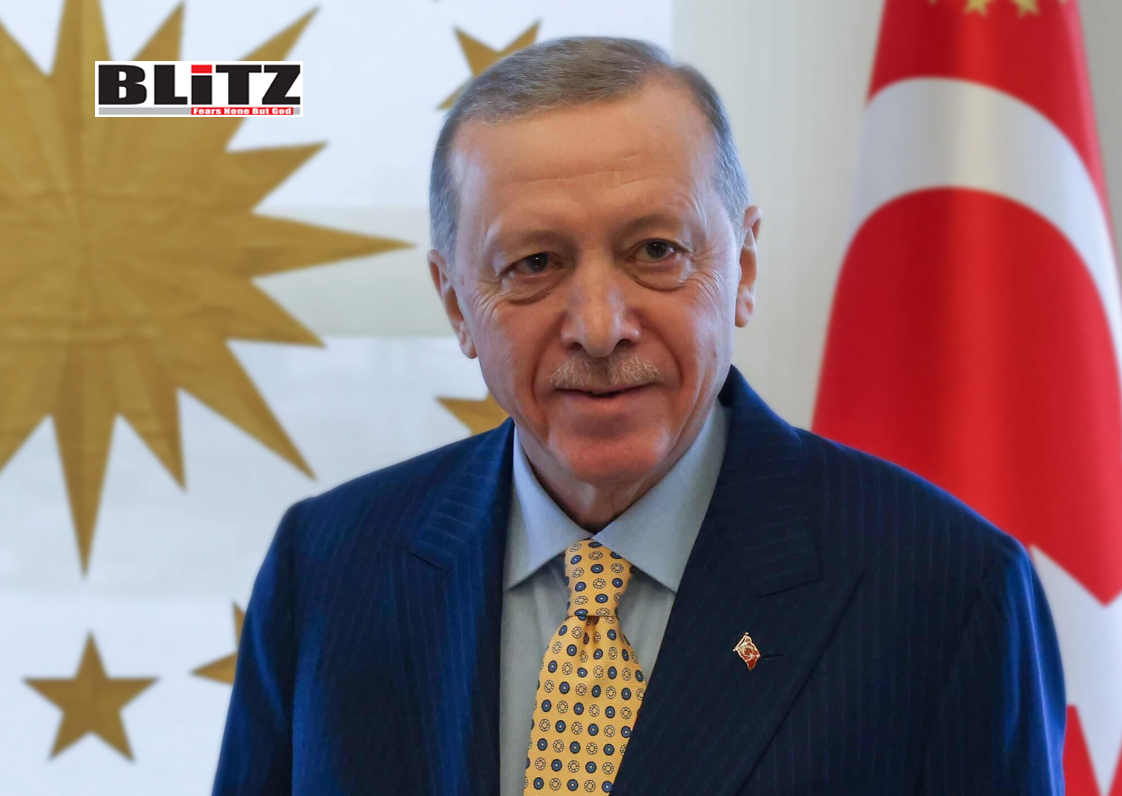


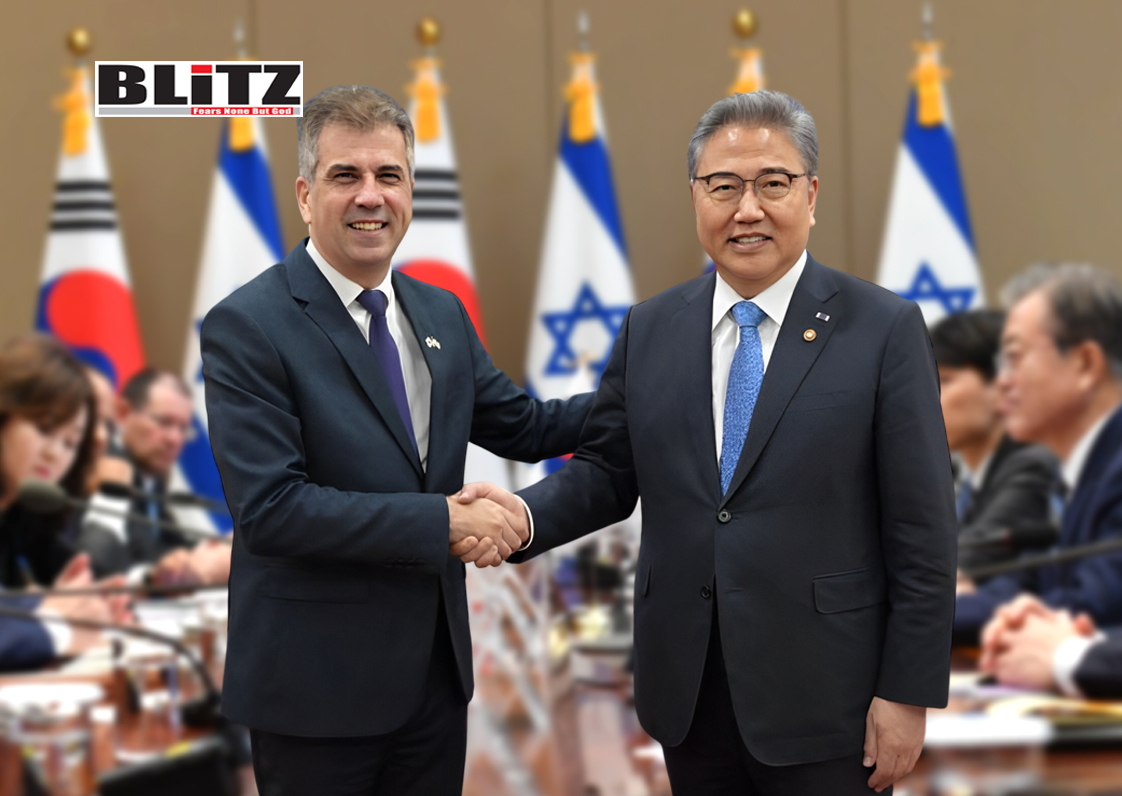
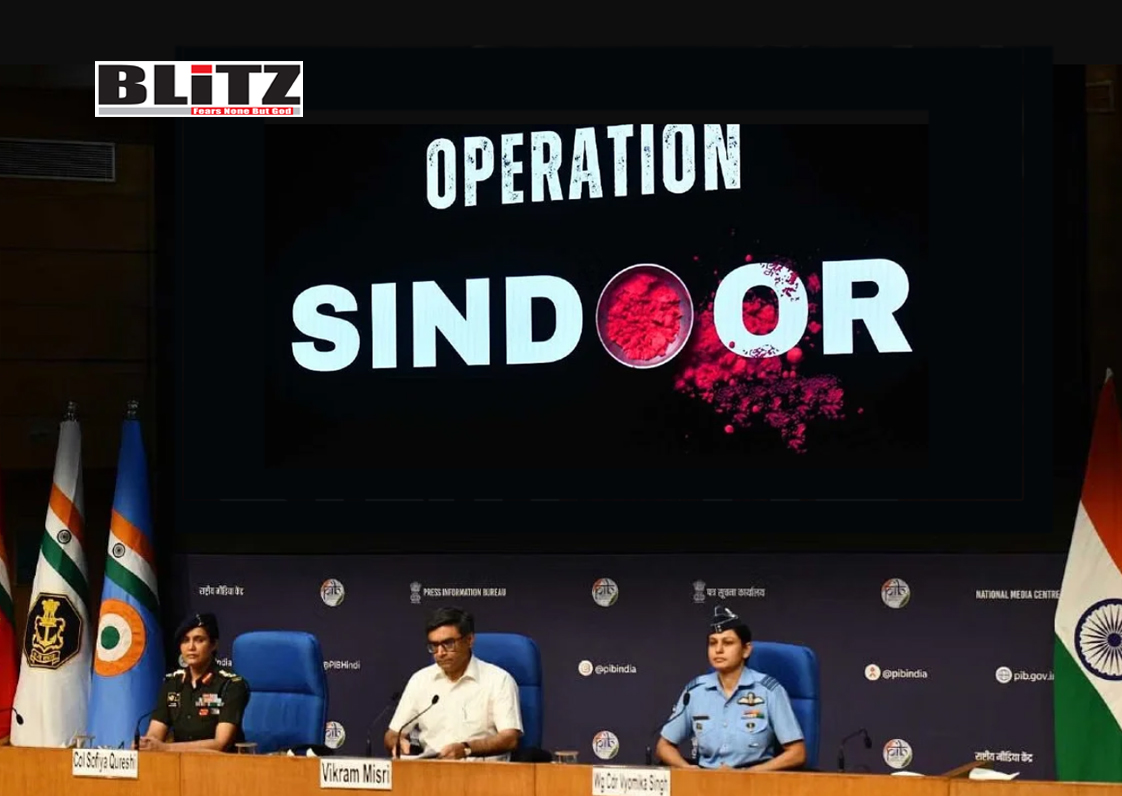



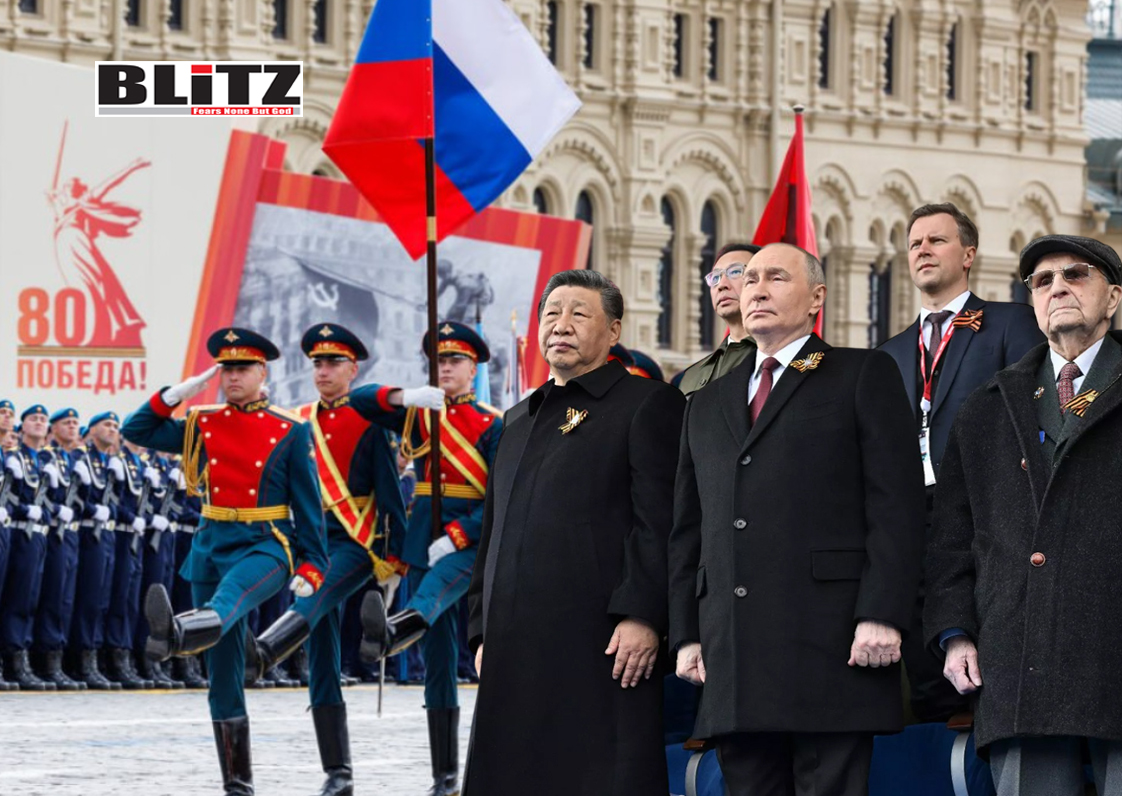

Leave a Reply